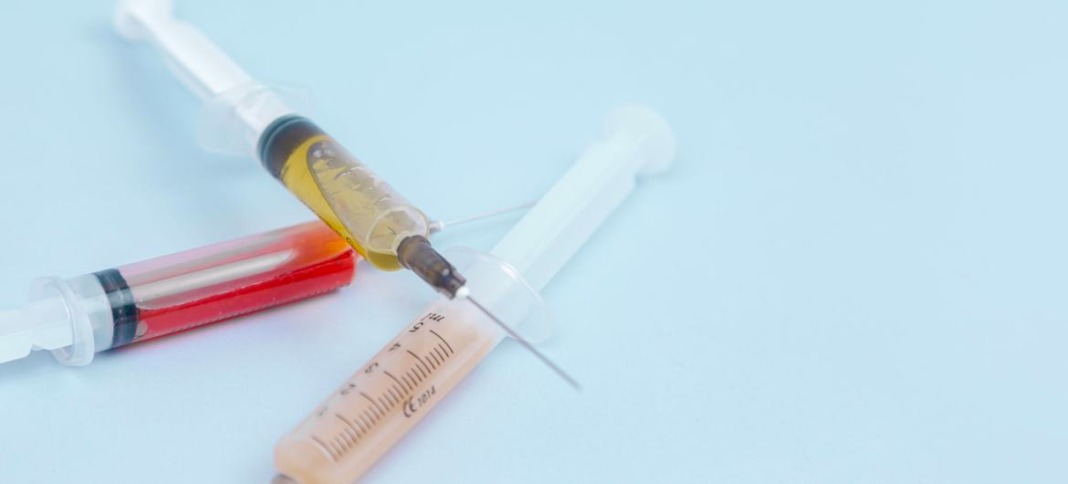Unitaid, a global health initiative, has announced a $31 million investment to prevent hepatitis C among people who inject drugs and other marginalized groups in the population, such as those in prison. This investment is aimed at addressing the impact of hepatitis C on marginalized groups, who are at high risk of contracting the blood-borne disease.
Hepatitis C is a viral infection that can cause serious liver damage and cancer when left untreated. According to the World Health Organization (WHO), an estimated 71 million people globally have chronic hepatitis C infection, with a significant proportion of them being in low- and middle-income countries.
Marginalized populations, such as people who inject drugs and incarcerated individuals, are disproportionately affected by the disease. Four in ten people who inject drugs and one in four incarcerated individuals have active hepatitis C infections.
Despite the availability of highly effective treatments that are affordable in most low- and middle-income countries, where 80 percent of people with the virus live, most of them do not have access to care.
Unitaid’s funding will support efforts to reach these people by incorporating testing and treatment into harm reduction programs. The initiative will also trial the use of two underused products aimed at reducing risks associated with injecting drugs. Both will be tested in Egypt, India, Kyrgyzstan, Nigeria, South Africa, Tanzania, Ukraine, and Vietnam.
The prevention tools and approaches developed by this initiative will help prevent the transmission of other blood-borne diseases, including HIV. This is a critical step in addressing the public health challenges associated with these diseases.
According to Dr Philippe Duneton, Unitaid’s Executive Director, “Unitaid’s investment will support countries to build on their existing programs, and ensure that people who are most affected by hepatitis C have access to the testing and treatment they need.”
Unitaid’s investment will support harm reduction programs that provide people with access to clean needles and syringes, as well as opioid substitution therapy. These programs are critical in reducing the risk of transmission of blood-borne diseases, including hepatitis C and HIV.
The initiative’s efforts will focus on reaching out to marginalized groups who are often excluded from healthcare systems. This is a critical aspect of ensuring that everyone has access to healthcare services, regardless of their social or economic status.
The initiative is expected to have a significant impact on the lives of people who are at risk of contracting hepatitis C. By preventing the transmission of this disease, it will help to reduce the burden on healthcare systems and improve the overall health of communities.
Unitaid’s investment in hepatitis C prevention is a positive step in addressing the public health challenges associated with this disease. It is also a demonstration of the organization’s commitment to ensuring that everyone has access to healthcare services, regardless of their social or economic status.
In conclusion, this investment by Unitaid is a crucial step in the global fight against hepatitis C. By targeting at-risk populations and supporting harm reduction programs, the initiative will help to reduce the transmission of hepatitis C and other blood-borne diseases. This will not only improve the health outcomes of individuals but also contribute to the overall health and well-being of communities.



